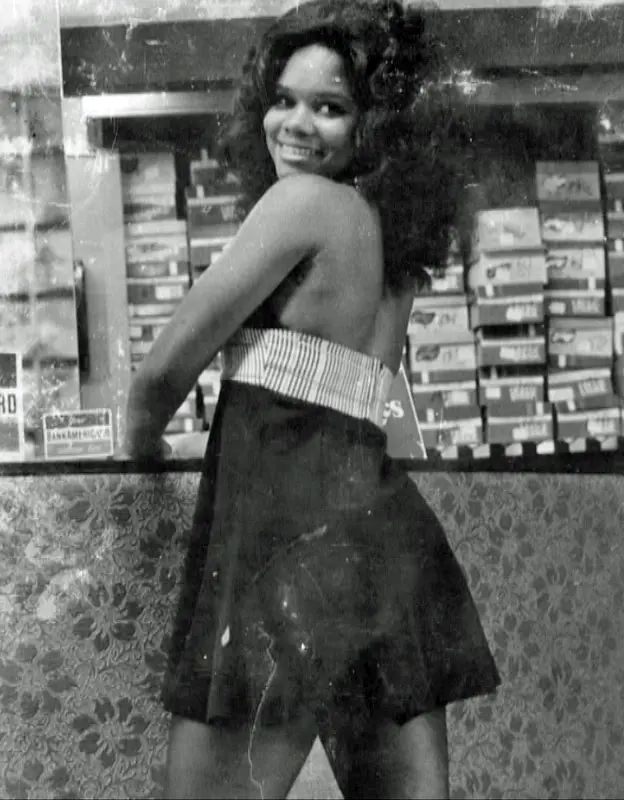The Different Types of Prostitutes in the 19th Century: A Historical Perspective
Prostitution has existed throughout human history, but its social and cultural roles have evolved significantly over time. In the 19th century, prostitution was deeply intertwined with societal norms, class structures, and economic conditions. Here’s a closer look at the different types of prostitutes that emerged during this period.
The Courtesan: Elite Companions
Courtesans occupied the upper echelons of society, offering companionship to wealthy and powerful men. Often educated and cultured, they provided intellectual as well as romantic connections. Their relationships were less transactional and more about mutual benefit, with courtesans receiving financial support and social prestige.
The Brothel Worker: Controlled Spaces
Brothels were highly organized establishments where prostitutes worked under strict rules. These spaces offered safety compared to street work but often came with limited freedom for the women. Brothels varied widely in quality, from luxurious houses serving the wealthy to more modest venues catering to the working class.
The Streetwalker: Survival and Vulnerability
Streetwalkers were among the most visible and vulnerable figures in 19th-century prostitution. Often from impoverished backgrounds, they worked in urban areas, offering services to passersby. This form of prostitution exposed women to significant risks, including violence and disease.
Brenda Myers-Powell was just a child when she became a prostitute

Brenda Myers-Powell was just a child when she became a prostitute in the early 1970s. Here she describes how she was pulled into working on the streets and why, three decades later, she devoted her life to making sure other girls don’t fall into the same trap. Some people will find Brenda’s account upsetting.
Right from the start life was handing me lemons, but I’ve always tried to make the best lemonade I can.
I grew up in the 1960s on the West Side of Chicago. My mother died when…
By BBC My 25years as of Prostitute
____________-
The Demi-Monde: Between Respectability and Scandal
The “demi-monde” referred to women who lived on the edges of society, supported by benefactors but shunned by polite society. They blurred the lines between mistress and prostitute, often enjoying a more stable lifestyle than their counterparts while remaining stigmatized.
The Soldier’s Companion: War and Prostitution
In times of war, many women became companions to soldiers, offering their services near military camps. These relationships were often driven by necessity, providing soldiers with comfort and women with a means of survival.
Societal Views and Challenges
Prostitution in the 19th century was heavily stigmatized, yet it was an accepted part of urban life. Moral campaigns and public health concerns led to increased scrutiny, with many cities imposing regulations or criminalizing certain aspects of sex work.
Conclusion: A Complex History
The lives of prostitutes in the 19th century were as varied as the roles they played in society. From the elegance of courtesans to the hardships of streetwalkers, these women navigated a world of judgment and survival.
Today, understanding their stories offers valuable insight into the social dynamics and gender inequalities of the past.
© 2025 Cindy | OH! Toronto Blog



